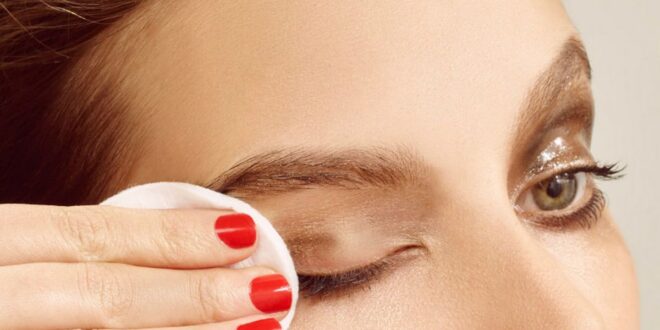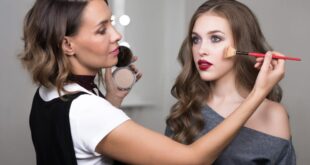Women love wearing makeup and other cosmetic products for a variety of reasons. Not only can it boost one’s confidence, but it can make a person comfortable, happy, and can serve as a tool for expressing someone’s personality, style, and creativity. From glam, playful and colorful, to natural, everyday looks, beauty cosmetics have the power to make people feel good and help them transform in any way they seem fit.
However, for people who have certain complexion conditions, such products can lead to a number of problems such as irritation, breakouts, swelling, and more. Even if an individual does not use a lot of cosmetics, one wrong product can be all it takes to trigger a reaction. But this doesn’t mean that these types of individuals can never wear makeup, it simply means that they have to be extra careful and diligent when buying things to put on their faces. It is important to know what is alright and what should be avoided at all costs, so here are some things to have in mind, as well as some tips to help you find the best products possible.
What Is Sensitive Skin?
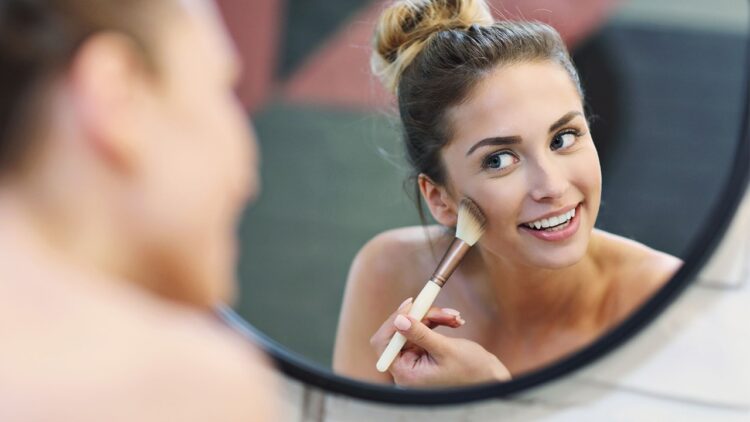
It can be skin type or condition that occurs when the complexion’s protective barrier gets damaged, resulting in the irritation of the top layer’s nerve endings. When using certain toiletries or cosmetics, various symptoms can occur such as redness, irritation, dryness, itchiness, and tightness which are all extremely uncomfortable and sometimes even painful.
Things to Consider When Buying
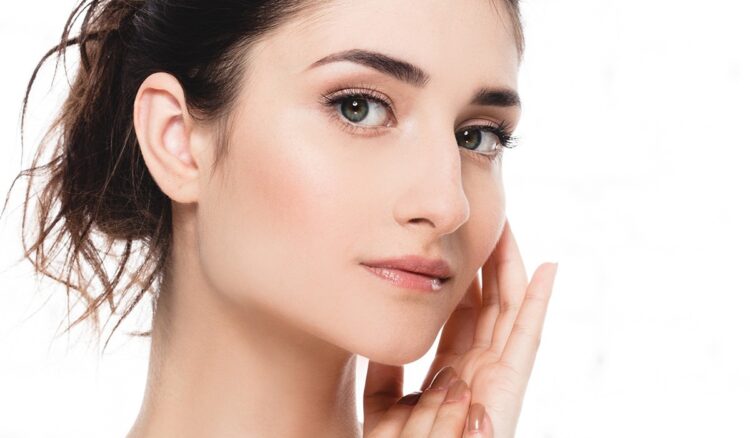
Sensitivities can be caused by a variety of factors such as dirt and harsh weather, but they are mostly caused by the products we use. Due to this, you should pay special attention to a few things which include:
Formula – This is one of the most important things to consider during your purchase. Harsh formulas that contain formaldehyde and parabens should be avoided entirely. Those that are marked as non-comedogenic or hypoallergenic are the safest to use and are the least likely to cause any problems. However, you should still read all the ingredients to make sure none of them are harmful.
Fragrance – Stay away from any scented or perfumed products as they can often lead to extreme redness and rashes. To avoid irritation or worse, eczema, choose ones that are fragrance-free.
The Ingredients – The fewer ingredients used, the safer it is for your complexion. They are all usually listed on the packaging and something you should keep in mind is that they are usually written in order from the highest quantity to the least. Ones that can cause aggravation include alcohol, retinol, salicylic acid, benzoyl peroxide, talc, retinol, ammonia, peppermint, lactic acid, and many more.
If you are unsure what causes your skin to flare up, you can visit a doctor and get tested for allergies, hormonal imbalances, or other health issues. However, if that does not provide an answer, consider making a list of all the products that have triggered a reaction and their ingredients. Then you can make a comparison and find out if they have any in common.
Choosing the Right Products
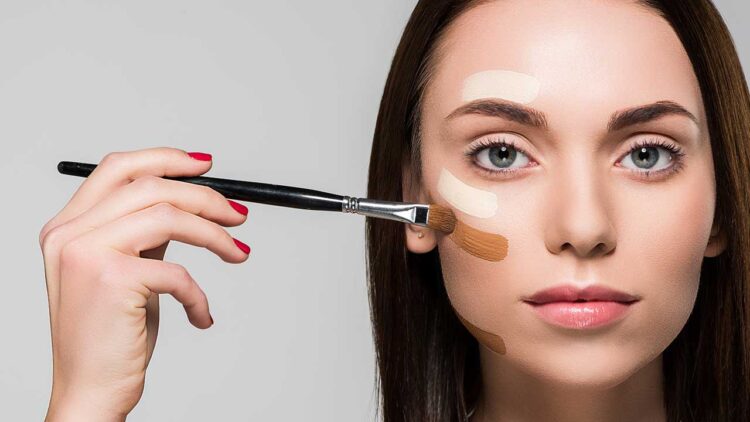
Having problems with your complexion will not be fixed by makeup, meaning that skincare should be as equally important. Before you start applying any beauty cosmetics, you should protect your skin first.
- Prep
Cleansing should be your primary step and the safest thing to use for it is micellar water. Next, you should focus on hydration, so apply a moisturizer to prevent dryness or dehydration. Choose one that is plant-based, for example, one that has ingredients like chamomile, aloe vera, sunflower oil, or shea butter. Do not forget to add an extra layer of protection by applying sunscreen.
- Makeup
Foundation and Concealer – Optimally, you will apply these only on certain problematic areas of your face. Think about using a stick or compact formula since they use fewer preservatives and contain less water. You can use both to cover up blemishes, scars, discoloration, and dark circles, but consider letting the healthy, glowing parts of your complexion breathe. If you are looking for the best foundation for your sensitive skin, dermatologists and makeup artists have teamed up over at guidingbeauty.com to find that perfect one for you.
Eyeshadows – Brightly colored eyeshadows are highly pigmented, meaning there is a higher chance for bad reactions and breakouts. More neutral tones like browns, beige, and bronze are safer to use.
Lipstick – More saturated hues such as red, purple, or bright pink are not as safe as compared to more subdued tones. Similarly to eyeshadows, they contain a lot more pigment and tend to dry the lips faster and often.
- Tools – The tools you use for applying makeup are just as important and you should always keep them spotless, as well as touch your face with clean hands only. If you are using a sponge to apply your foundation, make sure it is not made from latex since it is a common allergen and can lead to atopic dermatitis – a chronic condition that tends to flare up periodically. Latex-free sponges are also easier to clean and minimize the number of bacteria. Additionally, a foundation brush might be a better option since it harbors fewer germs.
- Aftercare – Always remove your makeup as soon as possible and never go to bed with it on. Throughout the day, bacteria stick to your foundation and concealer, making it extremely easy for breakouts and other issues to occur. Your skin needs to breathe and regenerate, so be responsible. You can use skin-friendly wipes that contain aloe vera which soothes the skin if you are too tired to do anything else, but the best thing you can do is to rinse and lather.
Before trying new cosmetics, always wait for your all skin reactions to pass. You should also test them before buying which you can do by applying a small amount on your neck, the back of your hand, or on a tiny patch on your face and wait for a few minutes.
Conclusion
It takes a bit of time and effort to find beauty products that are safe for your complexion, but with patience and care, you can make sure to minimize problems and prevent discomfort as much as you can. After all, wearing makeup can be wonderful and fun, but only when used properly and responsibly.
 Hi Boox Popular Magazine 2024
Hi Boox Popular Magazine 2024
